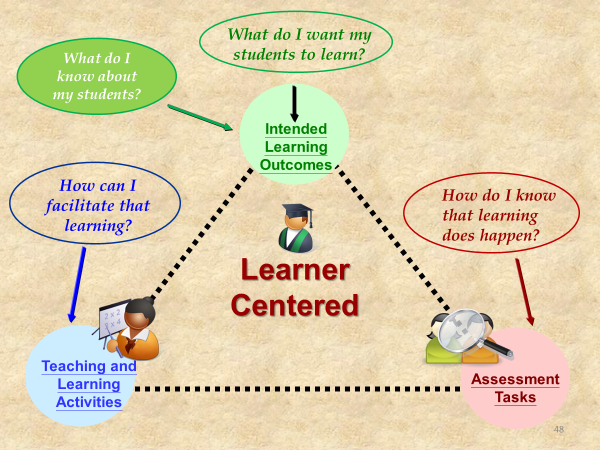Outcome-based education (OBE) is a recurring education reform model. It is a learner-centred learning philosophy that focuses on empirically measuring learner performance, which are called outcomes. OBE contrasts with traditional education, which primarily focuses on the resources that are available to the learner, which are called inputs. Unlike many pedagogical models, such as project-based learning or whole language reading, OBE does not specify or require any style of teaching or learning. Instead, it requires that learners demonstrate that they have learned the required skills and content.
Each independent education agency specifies its own outcomes and its own methods of measuring learner achievement according to those outcomes. The results of these measurements can be used for different purposes. For example, one agency may use the information to determine how well the overall education system is performing, and another may use its assessments to determine whether an individual learner has learned required material.
Outcome-based methods have been adopted in significant ways in the United States, Australia, South Africa, Hong Kong, and other countries. On a smaller scale, some OBE practices, such as not passing a learner who does not know the required material, have been used by individual teachers around the world for centuries.
